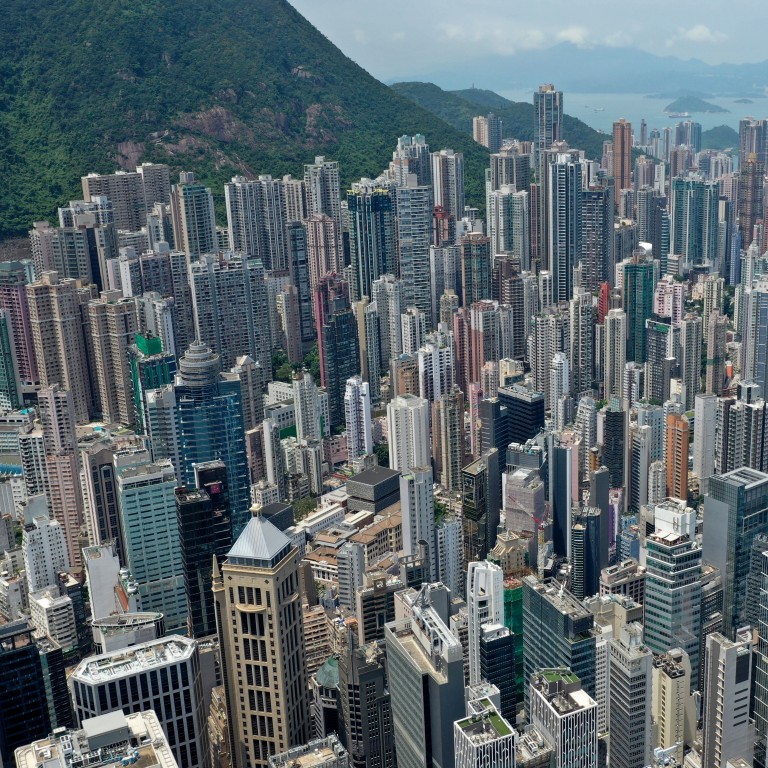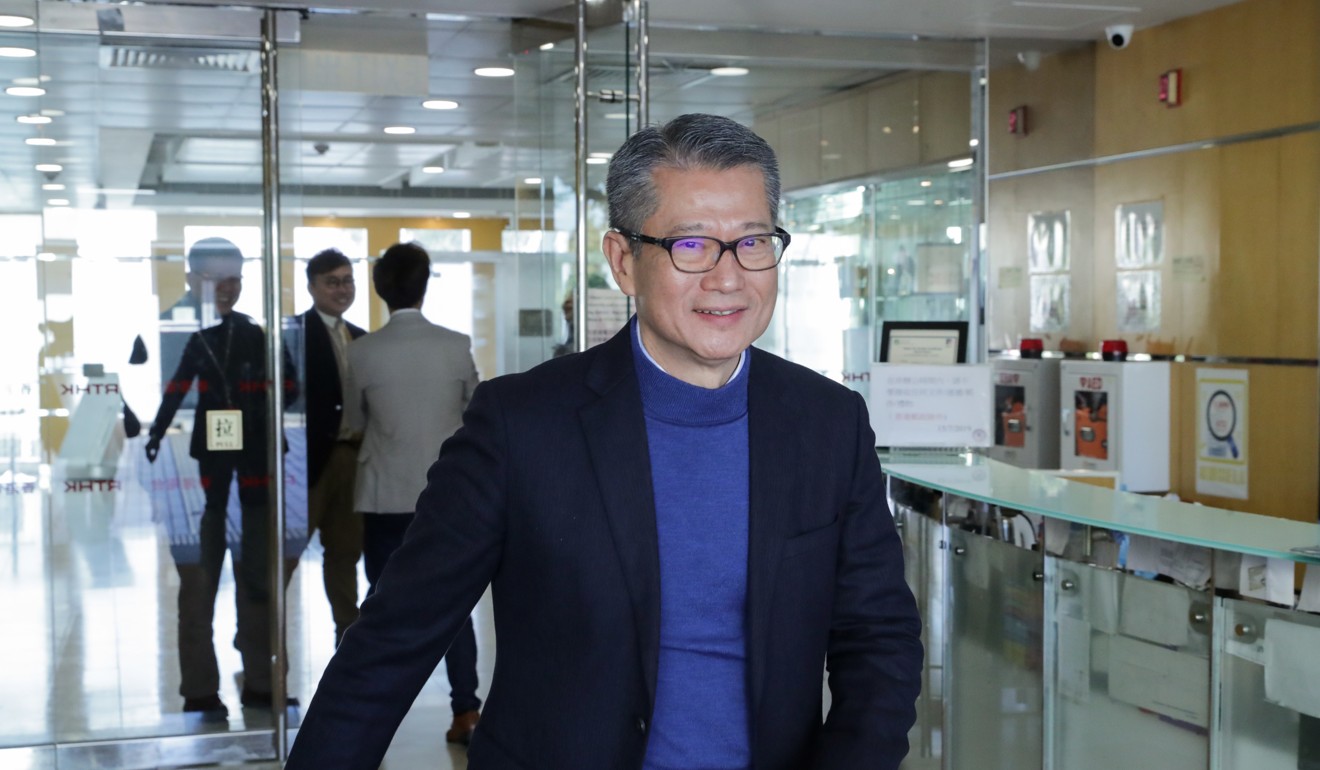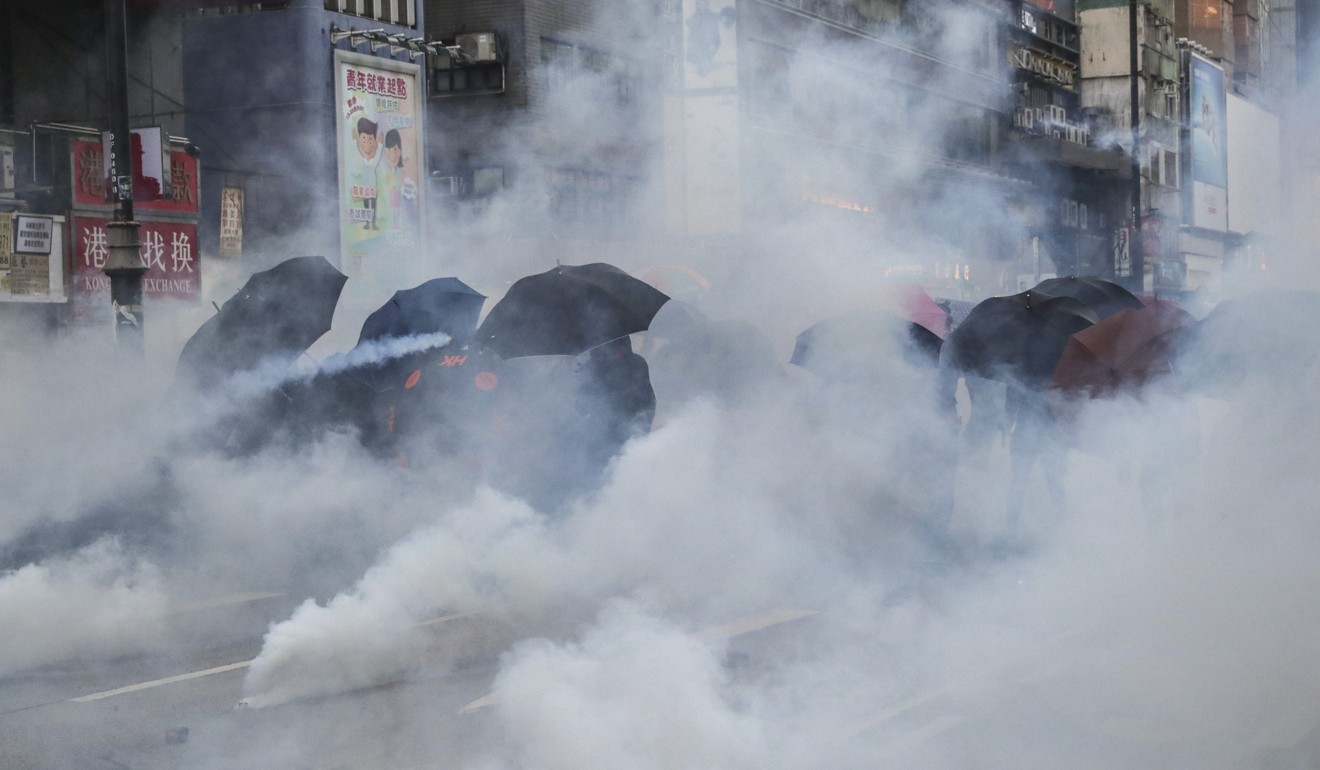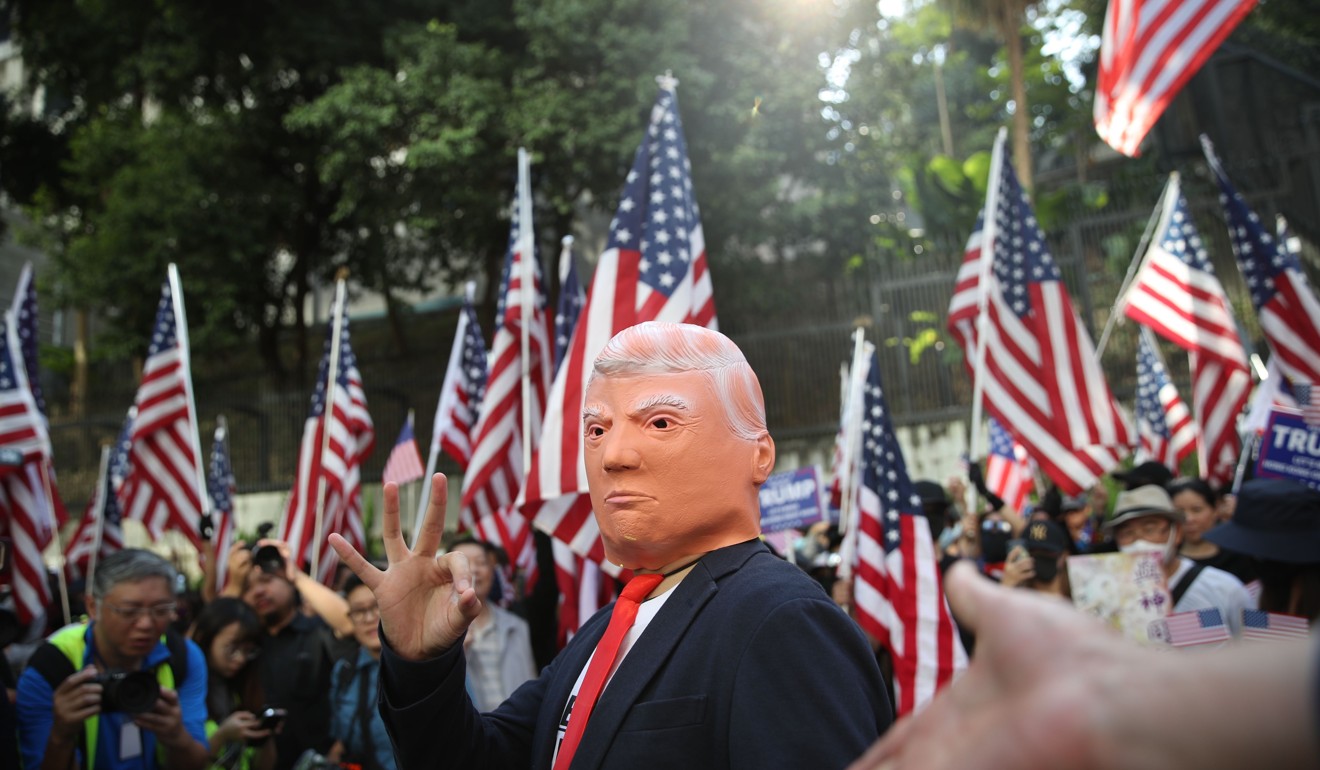
Hong Kong budget deficit ‘unavoidable’ for two years, finance chief Paul Chan says
- The city will be in the red in 2020-21, as well as this year, the senior official said on Saturday
- It is too early to say whether public spending will exceed income over the longer term, Chan adds
Hong Kong will be in the red for two budgets in a row, the financial secretary said within days of predicting the city’s first fiscal shortfall for 15 years.
Paul Chan Mo-po said on Saturday it was too early to say whether the deficits would persist in the longer term as he revealed the anti-government protests – estimated to have cost the city 2 percentage points in gross domestic product – were hitting the economy far harder than external factors.
Finance chief Paul Chan warns of deficit as government boosts relief spending
The decline in business performance has prompted the government to roll out more than HK$25 billion (US$3.2 billion) worth of relief measures, with the latest round announced on Wednesday.
It also downgraded on Monday its forecast for this year’s budget from a surplus of HK$16.8 billion to a deficit, with public spending in Hong Kong rising above income for the first time in 15 years.
Facing increasing levels of government spending, Chan’s forecast for the budgets of 2019-20 and 2020-21 were pessimistic.
“It’s unavoidable that this year’s budget will be in the red. We also think it’s unavoidable to have a budget deficit in the next 2020-21 financial year,” he told a radio programme.
But Chan said there was no need to worry if the deficit figure only amounted to 2 to 3 per cent of GDP.
“It’s too early to say Hong Kong society has entered a structural deficit,” he said, referring to the phenomenon of persistent annual budget deficits.

He said the government could explore new sources of income in the future, allowing it to be cautious about dipping into its reserves.
The senior official said the administration wanted to use its resources in a targeted way, meaning for now he would only go as far as adopting an open attitude towards cash handouts.
He said the effect of the official scheme last year to dish out up to HK$4,000 for those who did not benefit from the budget was “not ideal”.
Fourth round of relief measures for Hong Kong economy battered by unrest
“Of course we have room for improvement in administrative procedures,” he said. “Those who were missed out [in that scheme] ... were not happy. We have to consider this.”
That measure was expected to cover 2.8 million people, more than a third of Hongkongers.
Though it would not have an immediate effect, it would mean the city was beholden to US legislation, he said.

The law will allow Washington to suspend Hong Kong’s special trading status based on an annual certification by the US State Department on whether the city still has sufficient autonomy under “one country, two systems”, the framework under which Hong Kong retains its own economic and political systems while part of China.
The act will also give the State Department the discretion to sanction people deemed responsible for acts that undermine Hong Kong’s autonomy from mainland China, and directs its officers not to deny visas to individuals subjected to “politically motivated” arrests or detention in the city.
Hundreds gather in Hong Kong to thank Trump for signing human rights act
“In the short term, the confidence from the international community towards Hong Kong’s investment environment will be affected,” Chan said.
He said Hong Kong was a relative latecomer to the fields of innovation and technology and questioned whether international institutions would continue to be drawn to the city in the same way, and how easily research equipment could still be imported.

Without naming any schools, Chan said on Saturday: “We have mentioned that there were top universities in the United States and Britain who have expressed an interest in working with various local tertiary institutions. For now, some were hesitant.”
In 2018, HK$10 billion was earmarked for world-renowned research institutes to conduct biotechnology, AI and robotics research and development projects in Hong Kong through partnerships with local institutions.
Fourth round of relief measures for Hong Kong economy battered by unrest
Earlier this year, Chan revealed Harvard, Stanford and Johns Hopkins universities in the United States, Imperial College London and University College London had all revealed an interest in taking part in the project.
He added international talent would be forced to consider the convenience of equipment delivery and the US government’s attitude towards them if they did research in the city.
On a brighter note, commerce minister Edward Yau Tang-wah felt the US-China trade war negotiations had lingered for more than a year and there was no reason for Washington to further raise its tariffs.
He believed the situation would not get any worse and there was hope for the future.

